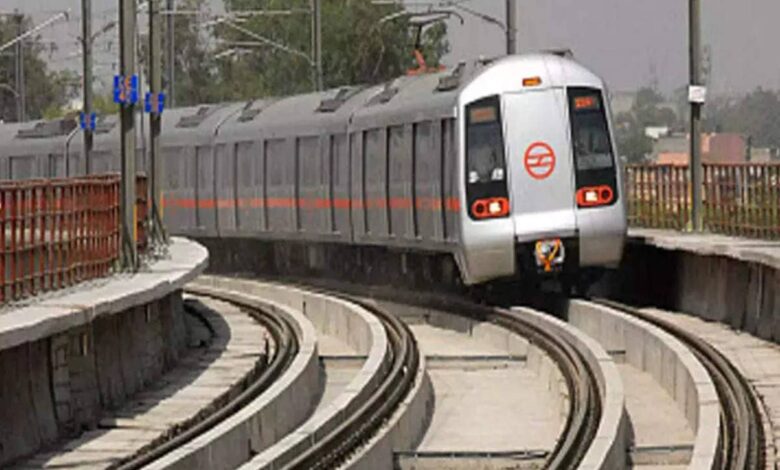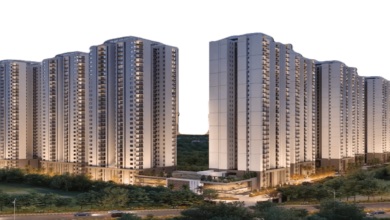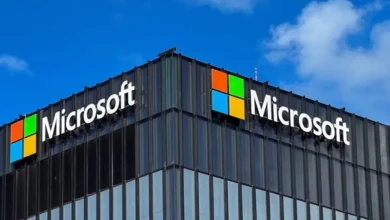
In particular, let me mention three metro rail projects being constructed in Bengaluru, Thane, and Pune: The Union Cabinet cleared these projects a few days before the next assembly elections on August 16. The professionals opine that these projects would provide an opening for a long-term real estate growth prospect in the respective cities of residential, commercial, and retail spaces.
Bengaluru’s Metro Phase-3 costs ₹15,611 crore and will link important spots such as JP Nagar and Kempapura. This expansion is intended to enhance accessibility to business corridors, especially benefiting businesses along the outer ring road.
In Thane, the ₹12,200 crore Integral Ring Metro is proposed to provide connectivity across the city to major residential and business centers. This will help reduce traffic while at the same time acting as a major mode of errands.
Pune’s Metro extension will cost ₹2,954. At Rs 5 crore, it will link Swargate to Katraj to facilitate movement towards busy markets and residential localities.
The funding of these metro systems is viewed as one way of addressing traffic jams and pollution and yet has the capability of spurring development in underserved areas. Stakeholders continue to stress the great benefits accruing from the implementation of transit, reduced travel time and better air quality being among them; it is thus important that implementation should be done as soon as possible to reap the greatest benefits accruing from the process.



